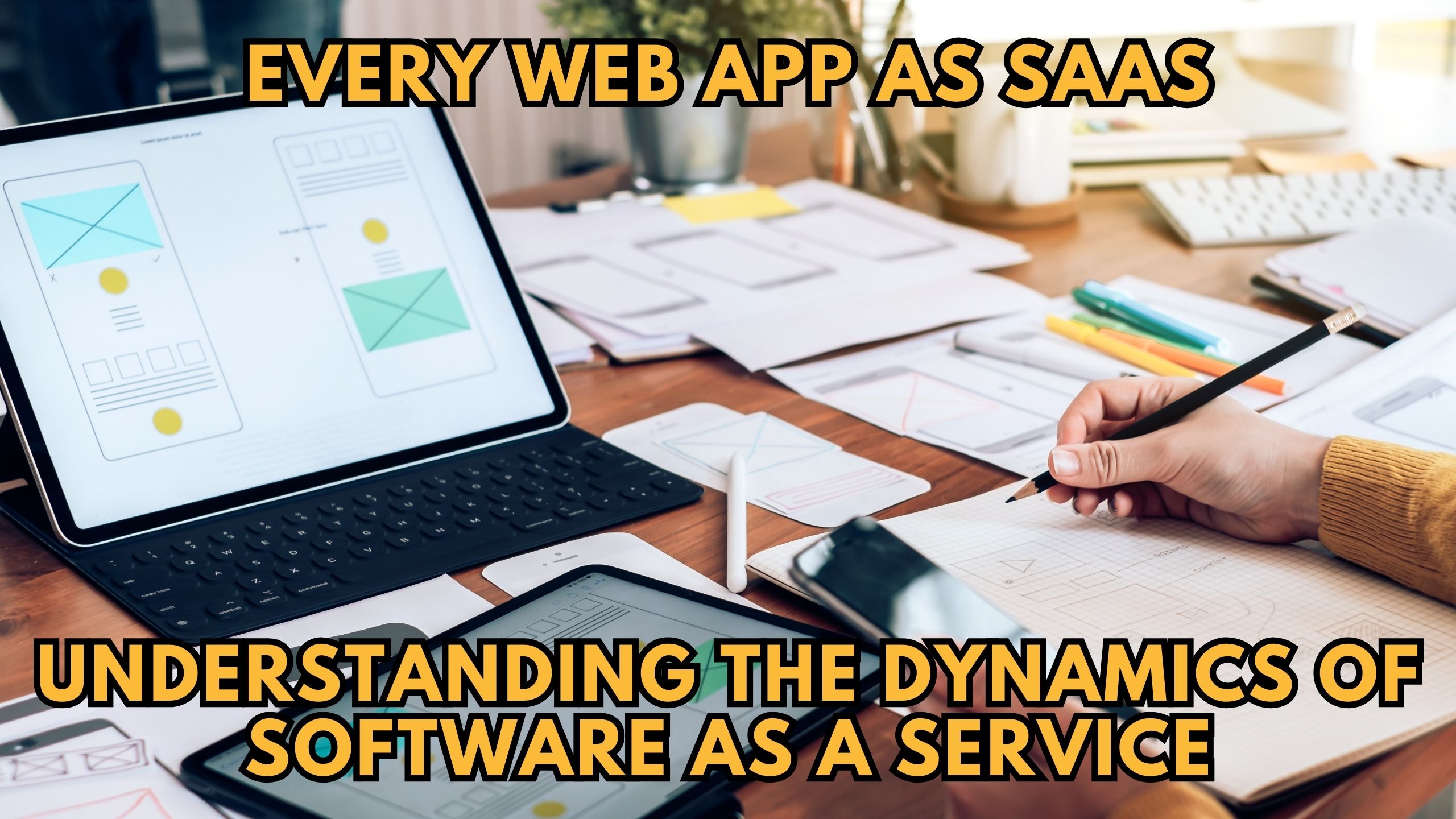Every Web App as SaaS: Understanding the Dynamics of Software as a Service
- Expense Management Software Credit Cards Investing Business Solutions


Every Web App as SaaS: Understanding the Dynamics of Software as a Service
In the rapidly evolving realm of technology, the distinction between traditional web applications and Software as a Service (SaaS) has become a topic of intrigue. This blog aims to comprehensively address the question frequently posed by Google users: Is every web app a SaaS? By exploring the dynamics of SaaS, we delve into the characteristics that differentiate it from conventional web applications.
1. Defining SaaS: Beyond Traditional Web Apps
Before delving into the nuances, let’s establish a clear definition of SaaS. Unlike traditional web applications, SaaS involves a cloud-based service model where users access software applications over the internet, eliminating the need for local installations. This subscription-based approach allows for seamless updates, scalability, and remote accessibility.
2. Characteristics of SaaS Products
SaaS products exhibit distinct characteristics that set them apart. They are typically multi-tenant, meaning multiple users share a single instance of the software. Additionally, automatic updates, accessibility from various devices, and subscription-based pricing models contribute to the dynamic nature of SaaS.
3. Relevant SaaS Products Redefining the Landscape
- Salesforce: Salesforce revolutionizes customer relationship management, offering a centralized platform for streamlining interactions. Its cloud-based approach enhances flexibility and collaboration, making it a cornerstone for businesses.
- HubSpot CRM: HubSpot CRM excels in inbound marketing strategies, providing tools for effective lead nurturing. Its cloud-based infrastructure empowers businesses to enhance marketing strategies and build lasting customer relationships.
- Zoho CRM: Zoho CRM proves instrumental in optimizing business processes by offering comprehensive solutions. Its cloud-based versatility allows organizations to manage sales, automate tasks, and gain valuable insights into customer behaviors.
- Zendesk Sell: Focused on customer support, Zendesk Sell ensures customer satisfaction through efficient issue resolution. Its cloud-based tools contribute significantly to fostering positive customer relationships.
- Bullhorn: Tailored for industries where relationship-building is paramount, Bullhorn is a specialized CRM tool. Its features facilitate effective candidate relationship management in recruitment and staffing.
4. Addressing the Query: Is Every Web App a SaaS?
While every SaaS is a web app, not every web app is a SaaS. The distinction lies in the cloud-based service model and subscription-based pricing that characterize SaaS products, offering unique advantages in terms of accessibility, scalability, and collaborative features.
Conclusion: Navigating the SaaS Landscape
In conclusion, understanding the dynamics of SaaS is pivotal in navigating the evolving technological landscape. The characteristics and relevance of SaaS products showcased here underline their transformative impact on businesses and industries.
Unlock the Power of SaaS with Subscribed.fyi
Empower your decision-making with Subscribed.fyi, the all-in-one solution for understanding, comparing, and managing your SaaS stack. Sign up today to unlock exclusive deals, streamline subscription management, and gain insights that propel your SaaS strategy to new heights.
Relevant Links:








